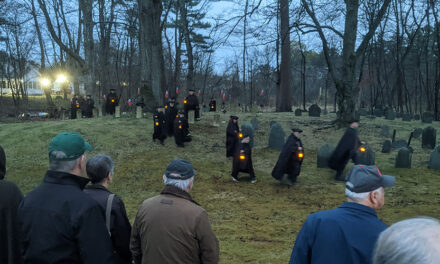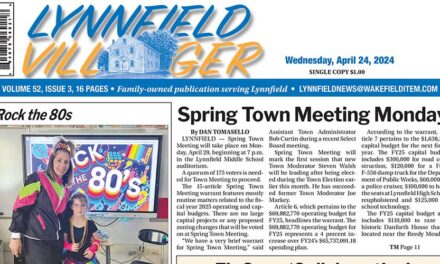Posted on: Friday, February 21, 2020
LYNNFIELD — The Planning Board will hear an update on its technical assistance grant for preparation of an Open Space Residential Design (OSRD) bylaw during a meeting on Wednesday, Feb. 26, taking place at 7 p.m. in the Joe Maney Meeting Room in Town Hall.
The $33,800 grant was awarded to Lynnfield in September 2019. It also includes technical assistance to develop a tree preservation bylaw. Lynnfield’s grant is part of a Massachusetts state-wide program, which encourages municipalities to implement land use regulations consistent with land conservation and development objectives.
“Open Space Residential Design is a planning design that maximizes the amount of open space preserved in subdivisions without reducing the number of homes built while providing homebuyers with a desirable neighborhood,” said Planning and Conservation Director Emilie Cademartori. “This update is the opportunity to share proposed OSRD options with the community and to further board discussion of a draft bylaw.”
The Planning Board seeks to implement the vision of the Lynnfield Master Plan: “Lynnfield will be a community that will provide appropriate and attractive housing and activities for all of its residents… Any new development will respect the visual quality of the town’s architecture and open space…Development will be guided by principals as developed by the town’s residents and government officials and will be evaluated in terms of adherence to these master planning goals.”
Over the past 50 years, the landscape of Massachusetts has been transformed by new residential and commercial development. Eastern Massachusetts has undergone the most change, experiencing rapid growth driven by economic and demographic factors.
“As new residents are drawn to the character and beauty of Lynnfield, more homes and subdivisions are being built to accommodate them, and more open space is being lost,” said Cademartori. “This development trend contributes to the loss of open space and community character, isolation from neighbors, increased municipal costs, habitat degradation, compromised water body quality, and others. Further, as the effects of climate change become increasingly evident across Massachusetts, the value of the state’s undeveloped land has become even more crucial in providing resilience in the face of growing environmental threats.”




